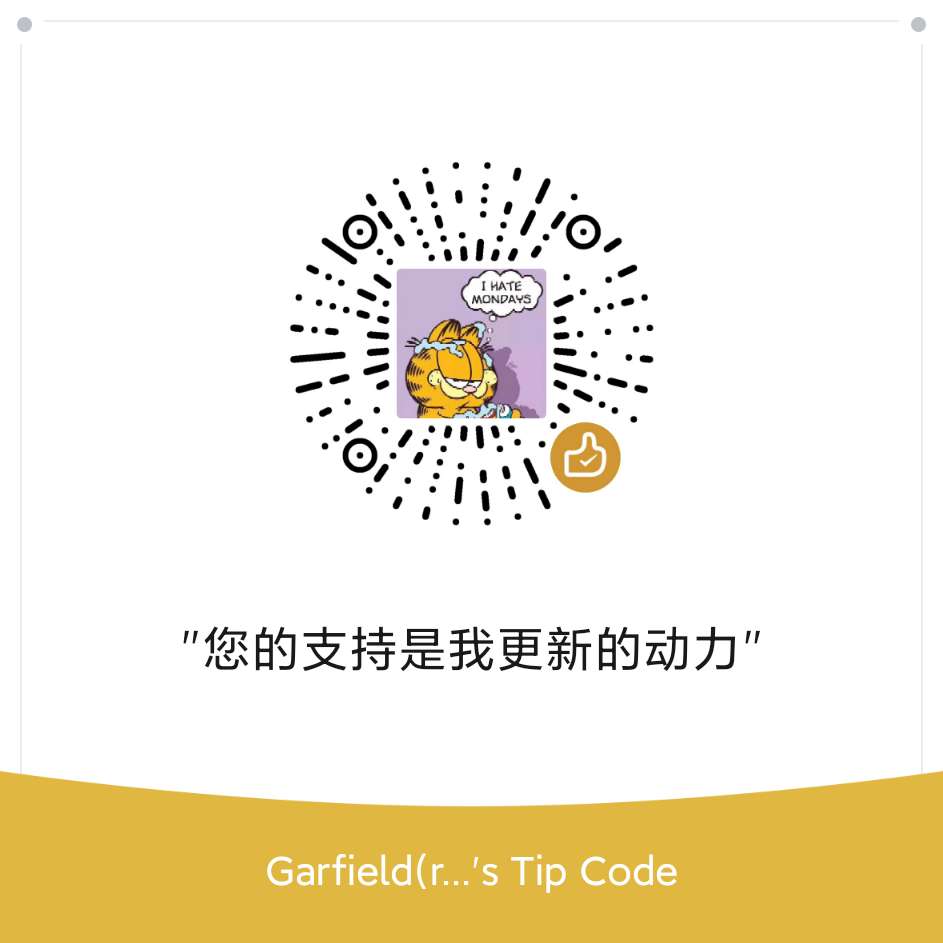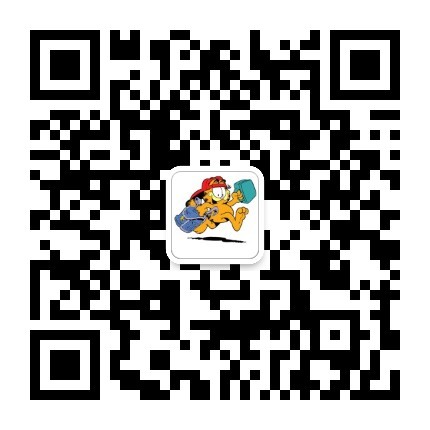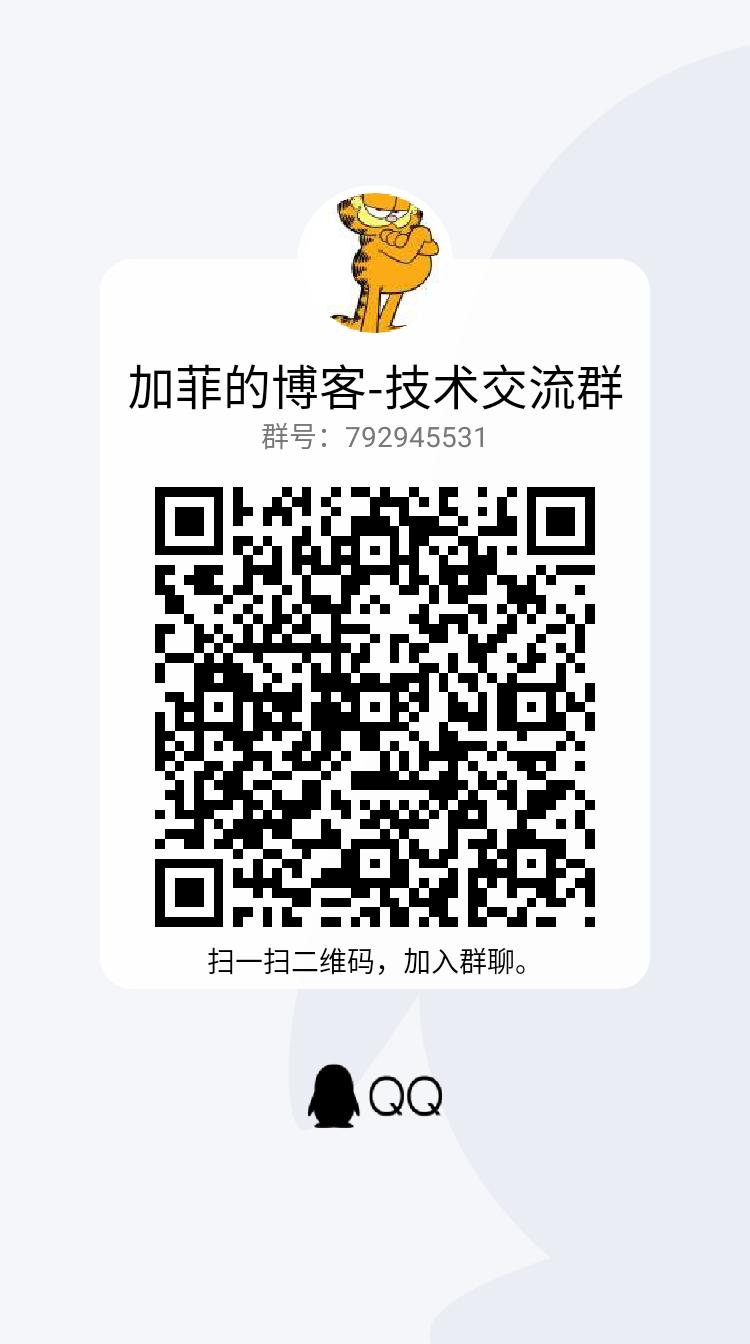【C#】从RabbitMQ的消费者事件窥.NET标准事件
在rabbitMQ中,官方文档中,接收消息最方便且推荐的方法:使用IBasicConsumer消费者接口设置订阅。messages到达队列后将自动发送,只要订阅了Received事件,就可以从中接收到队列消息,而不必主动请求。实现这种消费者(发布订阅)模式 ,.NET/C# Client API是通过C#事件。事件的本质就是多播委托。
1.RabbitMQ中的事件
首先我们来看一下在RabbitMQ的使用方式:
1.1 订阅事件
订阅消费者的received事件
var consumer = new EventingBasicConsumer(channel);
consumer.Received += (ch, ea) =>
{
var body = ea.Body.ToArray();
// copy or deserialise the payload
// and process the message
// ...
channel.BasicAck(ea.DeliveryTag, false);
};
// this consumer tag identifies the subscription
// when it has to be cancelled
String consumerTag = channel.BasicConsume(queueName, false, consumer);
1.2 定义事件
再来看一下源码,省略部分源码
namespace RabbitMQ.Client.Events
{
///<summary>Experimental class exposing an IBasicConsumer's
///methods as separate events.</summary>
public class EventingBasicConsumer : DefaultBasicConsumer
{
public EventingBasicConsumer(IModel model) : base(model)
{
}
public event EventHandler<BasicDeliverEventArgs> Received;
///<summary>
/// Invoked when a delivery arrives for the consumer.
/// </summary>
/// <remarks>
/// Handlers must copy or fully use delivery body before returning.
/// Accessing the body at a later point is unsafe as its memory can
/// be already released.
/// </remarks>
public override void HandleBasicDeliver(string consumerTag, ulong deliveryTag, bool redelivered, string exchange, string routingKey, IBasicProperties properties, ReadOnlyMemory<byte> body)
{
base.HandleBasicDeliver(consumerTag, deliveryTag, redelivered, exchange, routingKey, properties, body);
Received?.Invoke(
this,
new BasicDeliverEventArgs(consumerTag, deliveryTag, redelivered, exchange, routingKey, properties, body));
}
}
}
1.3 事件传递信息
其中received为事件,当调用HandleBasicDeliver方法便会触发事件,这也是事件特定,只能在类的内部调用,并传递事件源,及事件传递信息BasicDeliverEventArgs类,如下
public class BasicDeliverEventArgs : EventArgs
{
///<summary>Default constructor.</summary>
public BasicDeliverEventArgs()
{
}
///<summary>Constructor that fills the event's properties from
///its arguments.</summary>
public BasicDeliverEventArgs(string consumerTag,
ulong deliveryTag,
bool redelivered,
string exchange,
string routingKey,
IBasicProperties properties,
ReadOnlyMemory<byte> body)
{
ConsumerTag = consumerTag;
DeliveryTag = deliveryTag;
Redelivered = redelivered;
Exchange = exchange;
RoutingKey = routingKey;
BasicProperties = properties;
Body = body;
}
///<summary>The content header of the message.</summary>
public IBasicProperties BasicProperties { get; set; }
///<summary>The message body.</summary>
public ReadOnlyMemory<byte> Body { get; set; }
///<summary>The consumer tag of the consumer that the message
///was delivered to.</summary>
public string ConsumerTag { get; set; }
///<summary>The delivery tag for this delivery. See
///IModel.BasicAck.</summary>
public ulong DeliveryTag { get; set; }
///<summary>The exchange the message was originally published
///to.</summary>
public string Exchange { get; set; }
///<summary>The AMQP "redelivered" flag.</summary>
public bool Redelivered { get; set; }
///<summary>The routing key used when the message was
///originally published.</summary>
public string RoutingKey { get; set; }
}
2.标准的.NET事件模式
接下来我们看一下标准的.NET事件模式
2.1 定义事件传递信息类EventArgs
public class PriceChangeEventArgs:System.EventArgs
{
public readonly decimal LastPrice;
public readonly decimal NewPrice;
public PriceChangeEventArgs(decimal lastPrice,decimal newPrice)
{
LastPrice=lastPrice;
NewPrice=newPrice;
}
}
- System.EventArgs是.net framework中预定义的类,除了静态的Empty属性之外,没有其他成员
EventArgs为事件传递信息类的基类- 继承这个基类来自定义事件传递信息类
2.2* 为事件定义委托EventHandler
public delegate void PriceChangedEventHandler<TEventArgs>(object source,TEventArgs e) where TEventArgs:EventArgs;
事件可以说是依赖委托的,实质本来也就是一种类型安全的委托,要想定义事件,必定指定委托,对于能够定义事件的委托,有如下要求:
- 返回类型是void
- 接收两个参数,第一个参数类型是object,第二个参数类型是EventArgs的子类。
- 第一个参数表示事件的广播者(触发事件的对象)
- 第二个参数包含事件需要传递的信息
- 名称必须以EventHandler结尾
**在最新的.NET Core事件模式下,为了事件传递参数更更加的灵活,已经不再要求 TEventArgs 必须是派生自 System.EventArgs 的类,**上面的代码就可以不再继承System.EventArgs
public delegate void PriceChangedEventHandler<TEventArgs>(object source,TEventArgs e);
然后上面的信息传递类也是可以改造的。
public class PriceChangeEventArgs
{
public readonly decimal LastPrice;
public readonly decimal NewPrice;
public PriceChangeEventArgs(decimal lastPrice, decimal newPrice)
{
LastPrice = lastPrice;
NewPrice = newPrice;
}
}
其实.net已经为我们定义了一个泛型委托System.EventHandlerEventHandler
public delegate void EventHandler<TEventArgs>(object source,TEventArgs e);
public delegate void EventHandler(object? sender, EventArgs e);
这里使用自定义的委托,还是.NET预定义委托,都是可以的。如果我们使用.NE预定义委托,本小节就可以省略,可有可无。
建议使用预定义委托,毕竟已经有现成的。
2.3 使用委托定义事件event
2.3.1 针对自定义委托
public event PriceChangedEventHandler<PriceChangeEventArgs> PriceChanged;
2.3.2 针对预定义的泛型委托
public event EventHandler<PriceChangeEventArgs> PriceChanged;
2.3.3 针对预定义的非泛型委托
public event EventHandler PriceChanged;
2.4 触发事件的方法On
protected virtual void OnPriceChanged(PriceChangeEventArgs e)
{
PriceChanged?.Invoke(this,e);
}
- 标准模式下要求方法名必须和事件一致,前面再加上On,接收一个EventArgs参数
- 像
rabbitMQ的源码中,并没有遵从这种标准,而是使用的Handle前缀。如HandleBasicDeliver,大家灵活使用。
- 像
- 这里记住
PriceChanged?.Invoke(this,e);事件名?.Invoke(this,事件传递参数),等价下面代码。
if(PriceChanged!=null)
{
PriceChanged(this,e);
}
2.6 触发事件
定义了触发事件的方法,还需要定义触发事件的条件,事件的本质是类型安全的委托,实质也是封装了一个多播委托,只是功能上比委托有了跟个多限制,只能在定义事件的类的内部直接调用事件。
public decimal Price
{
get { return price; }
set
{
if (price == value) return;
decimal oldPrice = price;
price = value;
OnPriceChanged(new PriceChangeEventArgs(oldPrice, price));
}
}
上述示例中,在属性的set访问器,中触发事件:当价格发生变化时,将触发股价变化事件(PriceChanged)。
2.5 事件的使用(订阅事件)
没有订阅的事件,永远不会触发(因为为null)。所以我们需要订阅事件。
// 一个股票类
// 股票的价格变化订阅事件
static void Main(string[] args)
{
Stock st = new Stock("股票");
st.Price = 100;
st.PriceChanged += stock_PriceChanged;
st.Price = 200;
Console.WriteLine("Hello World!");
}
static void stock_PriceChanged(object sender, PriceChangeEventArgs e)
{
if ((e.NewPrice - e.LastPrice) / e.LastPrice > 0.1M)
{
Console.WriteLine("Alert,10% stock price increase");
}
}
2.5.1 使用匿名方法订阅事件
st.PriceChanged += delegate(object o, PriceChangeEventArgs e)
{
var lastPrice = e.LastPrice;
var newPrice = e.NewPrice;
//...
};
2.5.2 使用lambda表达式订阅事件
使用+=操作符订阅事件,更多的实际操作是使用lambda表达式,用于接收事件源参数和事件传递的信息:
st.PriceChanged += (sender, e) =>
{
var lastPrice = e.LastPrice;
var newPrice = e.NewPrice;
//...
};
3.总结
C#通过事件机制实现线程间(进程内)的通信。让我想起了MediatR这个库。
- 事件的定义是在一个类中
- 事件的注册是在另一个类中
- 在定义事件的类中触发
- 传递参数至注册类中使用。
3.1 什么情况下使用事件?
当我们学习到某种方法总会有疑问,到底什么时候使用事件,事件能够办到的,看起来委托也能办到。
当事件源将在很长一段时间内触发事件,基于事件的设计就显得非常自然,例如RabbitMQ的消费者Recived事件,一旦订阅了事件,在当前程序的整个生命周期,事件源随时都可以触发事件。在CS程序中,UI控件设计示例基本也是基于各种事件。
3.2 事件定义与使用
-
信息传递类:
public class xxxEventArgs{}- 可继承
EventArgs,也可以自定义
- 可继承
-
*委托:
public delegate void EventHandler<xxxEventArgs>(object source,xxxEventArgs e)- 使用.NET预定义类(这一步可以省略)
-
事件:
public event EventHandler<xxxEventArgs> EventName; -
触发事件的方法:
protected virtual void OnEventName(xxxEventArgs e) { eventName?.Invoke(this,e); } -
触发事件:在特定的需求下,执行
OnEventName(new xxxEventArgs(){}) -
订阅(注册)事件:
xx.EventName+=(src,e)=>{}
参考链接
https://www.bilibili.com/video/BV1Ht41137R1
https://docs.microsoft.com/zh-cn/dotnet/csharp/event-pattern
- 原文作者:Garfield
- 原文链接:http://www.randyfield.cn/post/2020-11-15-dotnet-standard-event/
- 版权声明:本作品采用知识共享署名-非商业性使用-禁止演绎 4.0 国际许可协议进行许可,非商业转载请注明出处(作者,原文链接),商业转载请联系作者获得授权。


